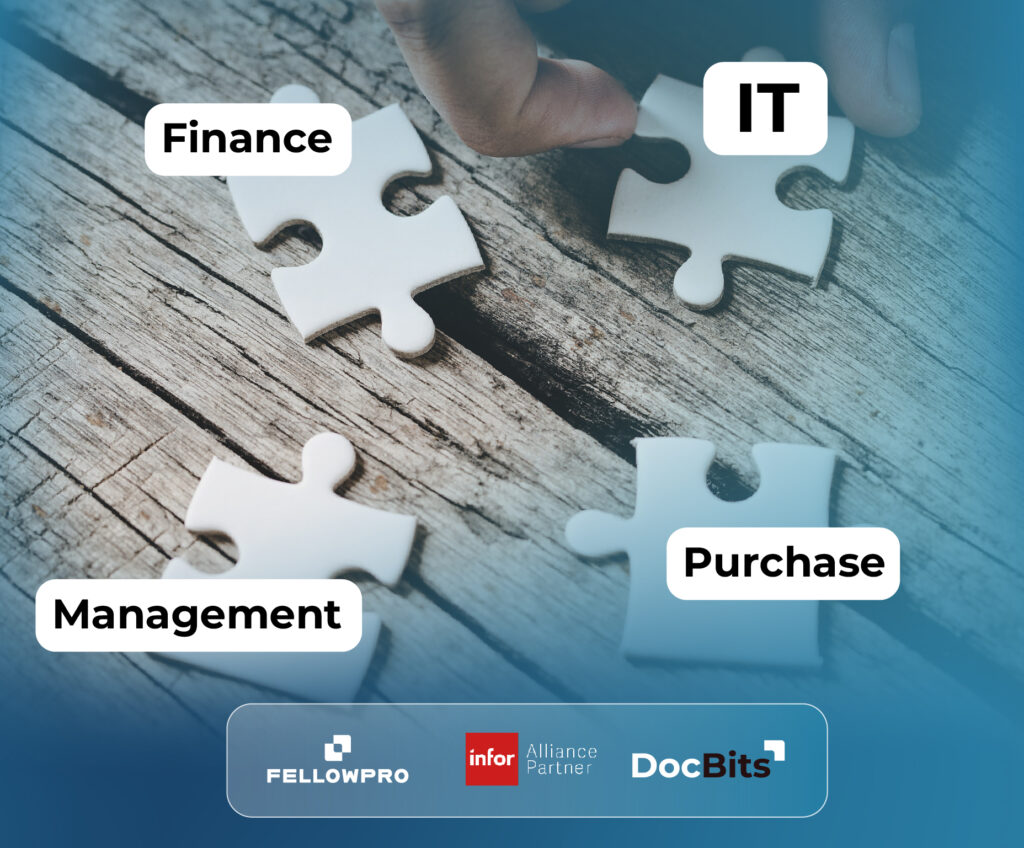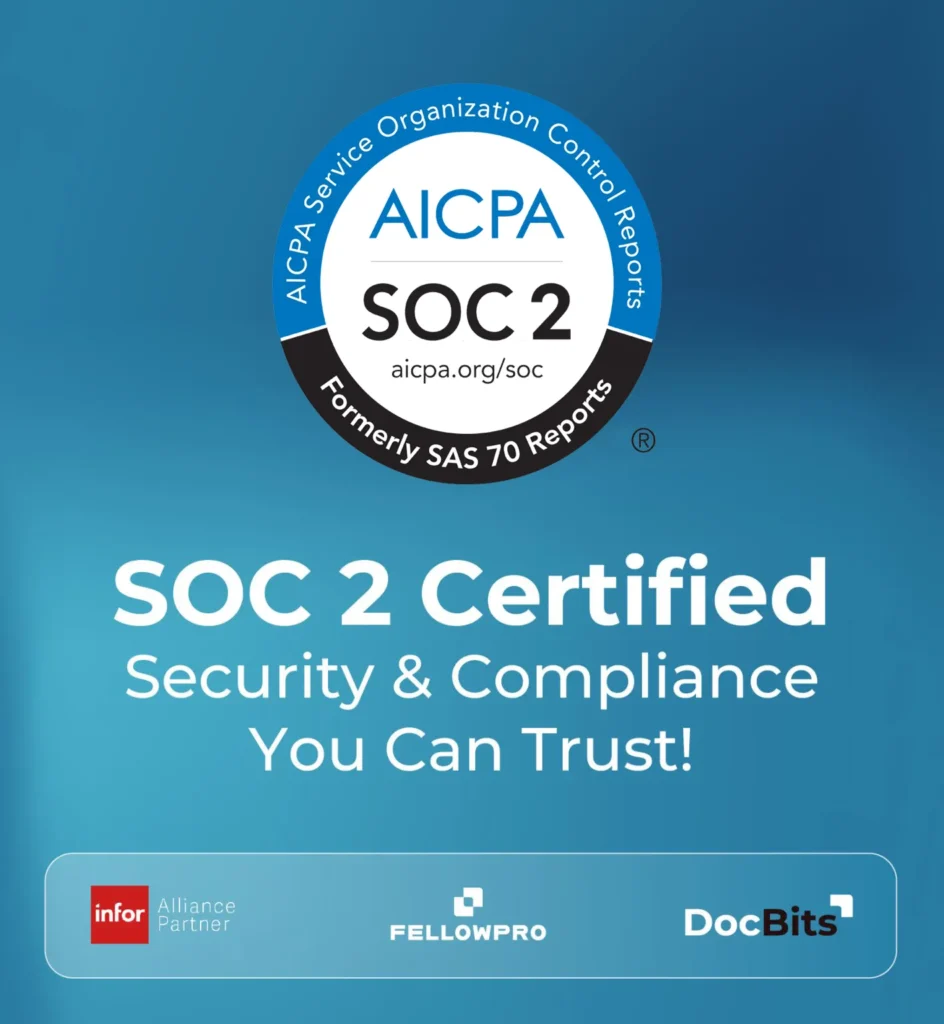
We are excited to announce a promising new partnership between FELLOWPRO and partners 2 innovate!
Communication is at the heart of every company. Email systems are like invisible threads that hold the structure of our communication together. But with so many options available, finding the perfect email system for your organisation can be a real challenge.
In this post, we’ll take a comprehensive look at different email systems, weigh up their pros and cons and highlight the key considerations when choosing an email system for your organisation.
Like a trusted friend, Microsoft Outlook has become firmly established in offices. Its intuitive user interface and seamless integration with other Microsoft products make it the first choice for many organisations. The benefits include calendar integration, task management and strong integration with Microsoft Office. However, quality comes at a price and licence fees could be a disadvantage, especially for smaller companies.
G-Mail, Google's shining creation, entices with generous storage space and powerful search functions. The lure is great, especially when you consider that it can be accessed from anywhere and at any time. The seamless integration with other Google services such as Google Drive and Google Calendar offers a comprehensive solution. But be careful: data protection concerns could dampen your enthusiasm, especially for companies that have to deal with strict compliance requirements.
Exchange, also from Microsoft, is an email server that provides secure and reliable communication for businesses. It offers features such as real-time synchronisation of emails, calendars and contacts across different devices. However, Exchange often requires a dedicated IT infrastructure and expertise to set up and maintain.
IBM Notes is another email system used by businesses, especially in larger organisations. It offers a comprehensive suite of collaboration tools, including email, calendaring, document sharing and instant messaging. However, the complex user interface can be challenging for some users.
For those who value flexibility and customisation options, Kopano could be the answer. Kopano offers an open source alternative with comprehensive collaboration features. It enables not only email, but also video calls, calendar sharing and file sharing. But be warned: the path to perfect configuration requires technical expertise and a good deal of patience.
Free as a bird, Thunderbird roams the vastness of the Internet. As a free, open-source option developed by the Mozilla Foundation, it provides a solid foundation for those who crave independence. It offers a simple user interface and extension options through add-ons. However, support can be limited compared to commercial options.
When deciding on an email system for your organisation, there are some important factors you should consider. These include:
In conclusion, it is important to emphasise that every business/organisation has its own needs. Thoroughly analysing the requirements and weighing up the pros and cons of each email system is crucial to finding the best solution for efficient and secure communication. Every journey is unique, and it pays to choose the right path carefully.

We are excited to announce a promising new partnership between FELLOWPRO and partners 2 innovate!

What happens if you continue to process manually? – and why automation pays off. In many companies, central processes such as the processing of invoices,

Why efficiency makes all the difference – especially in document processing Time is money. A phrase that many have heard many times – but in

– and the Key to Business Success “Knowledge is power” – a quote that is more relevant to businesses today than ever before. In times

– why either or? What good is a brilliant idea if it never becomes reality?In the business world, it is no longer enough to rely

The security of sensitive data is more important than ever for companies today. Customers expect their information to be protected and processed to the highest

The security of sensitive data is more important than ever for companies today. Customers expect their information to be protected and processed to the highest

Unternehmen, die Finanzprozesse für ihre Kunden abwickeln, stehen vor der Herausforderung, Vertrauen und Sicherheit zu gewährleisten. Besonders wenn es um sensible Daten geht, sind starke